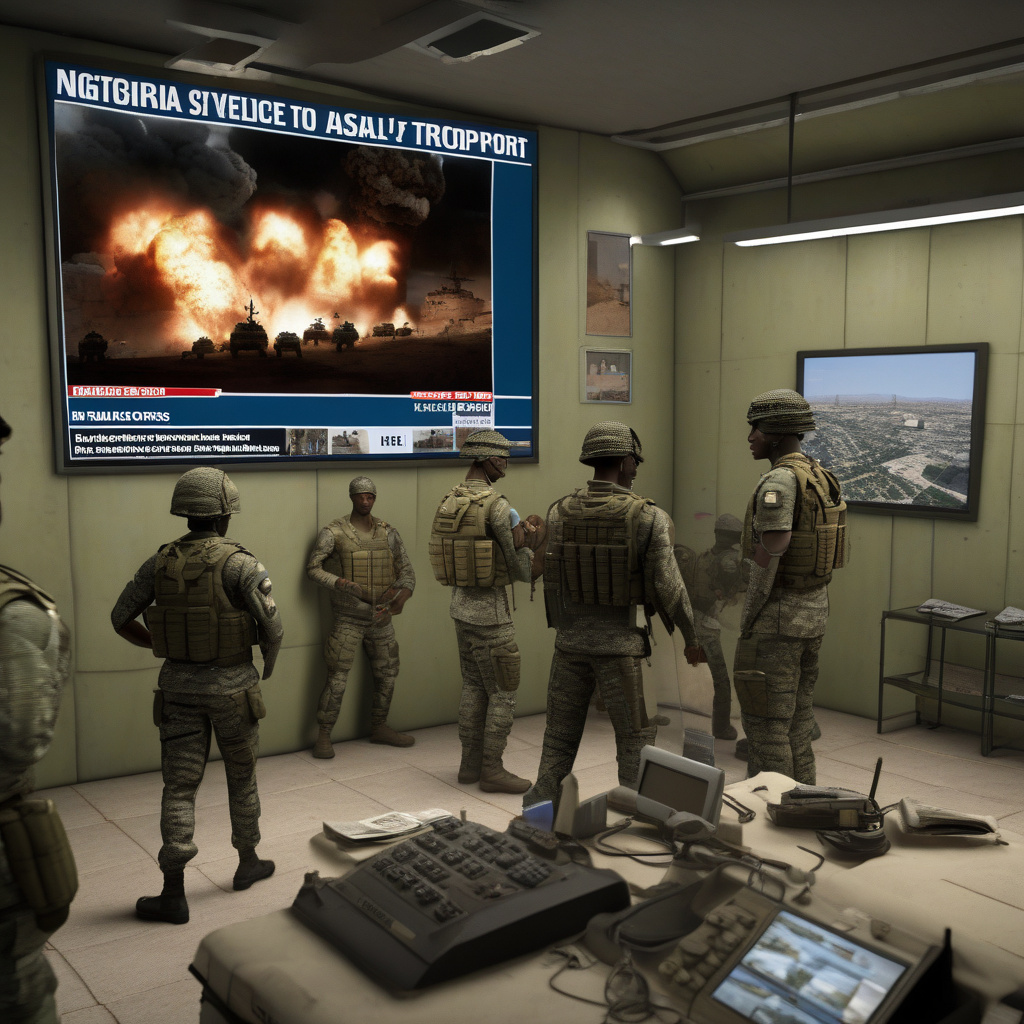Fake Video Claims Nigeria is Sending Troops to Israel
Nigeria has found itself at the center of a disinformation storm as a viral video falsely claims the country is gearing up to dispatch troops to Israel. The Nigerian government has promptly refuted these baseless allegations, denouncing the video as a dangerous spread of fake news.
In today’s digital age, misinformation can spread like wildfire, causing panic and confusion among the public. The video alleging Nigeria’s military involvement in Israel serves as a stark reminder of the challenges posed by fake news in the online realm. With just a few clicks, false information can reach millions, undermining trust in institutions and sowing discord.
The speed and reach of social media platforms make them fertile ground for the dissemination of fake news. In this case, the video suggesting Nigeria’s military intervention in Israel quickly gained traction, prompting swift action from Nigerian authorities to set the record straight. Such incidents highlight the importance of verifying information before accepting it as truth, especially when it comes to sensitive geopolitical matters.
While the Nigerian government was quick to refute the fake claims regarding troops being sent to Israel, the incident underscores the need for vigilance in consuming content online. As users, we must exercise caution and critical thinking when encountering sensational news stories, especially those that seem too outlandish to be true.
The ramifications of fake news extend beyond individual incidents, impacting society’s perception of media credibility and eroding trust in the information ecosystem. By being mindful of the content we engage with and sharing responsibly, we can collectively combat the spread of misinformation and uphold the integrity of online discourse.
In the case of Nigeria denying plans to deploy troops to Israel, the swift rebuttal serves as a testament to the government’s commitment to transparency and accuracy. By addressing the fake news head-on, Nigerian officials have taken a proactive stance against the proliferation of false information, safeguarding both their reputation and diplomatic relations.
As we navigate the digital landscape rife with misinformation, it is crucial for both individuals and authorities to remain vigilant and discerning. Fact-checking, corroborating sources, and promoting media literacy are essential practices in combating fake news and preserving the integrity of online communication.
The incident involving the fake video claiming Nigeria’s military involvement in Israel serves as a cautionary tale, urging us to approach online content with a critical eye and a healthy dose of skepticism. By staying informed and questioning the information we encounter, we can collectively thwart the spread of fake news and foster a more responsible digital environment.
Nigeria, Fake News, Disinformation, Social Media, Fact-Checking
